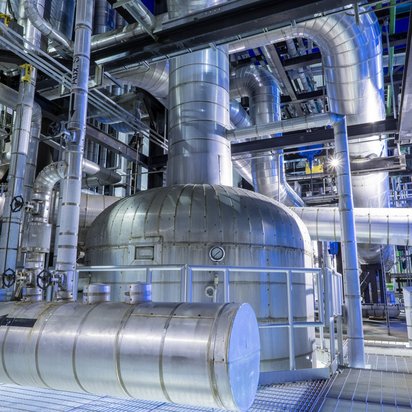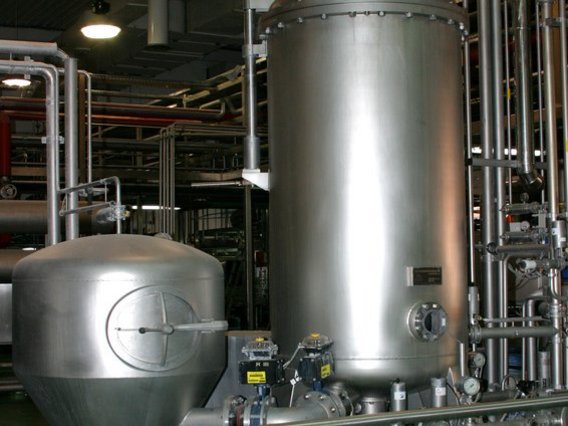Indian Boiler Regulation



The Indian Boiler Regulations (IBR) are a set of standards governing the design, construction, inspection, and testing of boilers and boiler components in India. These regulations, developed by the Central Boilers Board, ensure the safety and reliability of boilers and their associated equipment.
Mandatory Compliance:
Manufacturers and suppliers of boilers and their components used in India must comply with the IBR.
Covered Equipment:
The regulations cover a wide range of equipment, including boilers, steam piping, steam receivers, heat exchangers, and more.
Inspection and Certification:
Every new boiler or associated equipment must undergo inspection and certification by an authorised Inspecting Authority.
Design Appraisal:
Boilers and parts, even those imported into India, require independent design appraisal.
Welding Standards:
Welding work on boilers and related components must be done by qualified high-pressure welders, as per the Indian Boiler Regulation-1950.
Hydraulic Testing:
Boilers are typically subjected to hydraulic testing after erection at site to verify their structural integrity.
IBR 1950:
The regulations were initially enacted in 1950 to enforce sections 28 and 29 of the Boilers Act of 1923.
Central Boilers Board:
The Central Boilers Board is responsible for developing, reviewing, and updating the IBR.
Importance of Compliance:
Compliance with the IBR is crucial for ensuring safe and reliable boiler operations in various industries.
TÜV UK Ltd
AMP House
Suites 27 - 29, Fifth Floor, Dingwall Road
Croydon, CR0 2LX
Tel.: +44 20 8680-7711
Enquiries.UK@tuv-nord.com